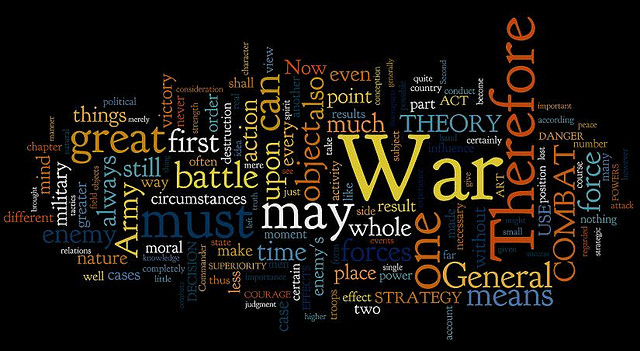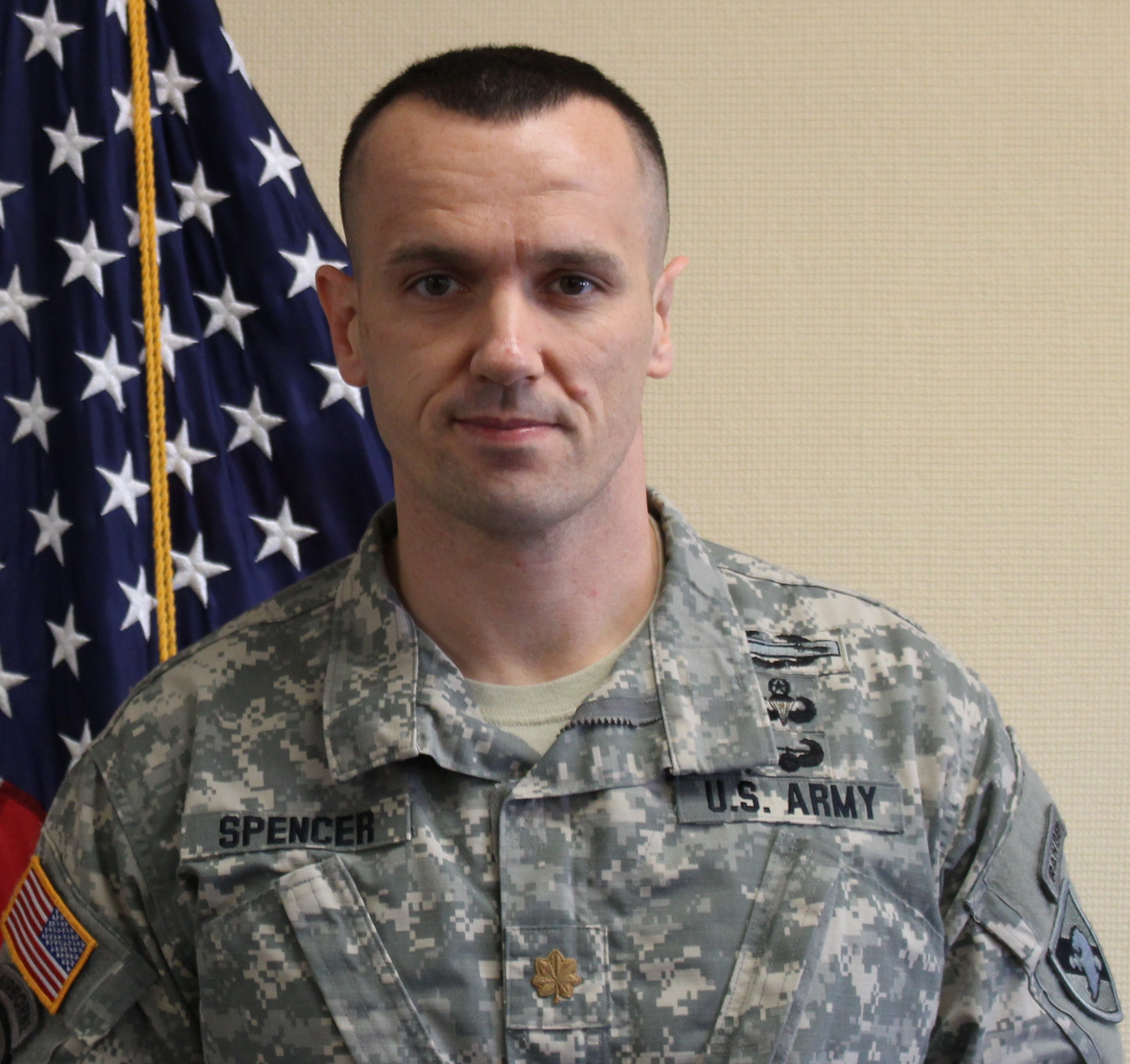I assumed my position as the platoon leader of an airborne infantry platoon in late December of 2002. Less than 3 months later, our unit was jumping into Northern Iraq as a part of the invasion to defeat Saddam Hussein during Operation Iraqi Freedom. The amount of information I needed to know was immense. Were my men ready, was my equipment complete, what was my platoon’s mission? The Army had prepared me to address these questions. But I had many others, such as: what was going on? Where we were going? What was the history of the region? Who were the enemy? Who lived there?
In Major Matt Cavanaugh’s recent post, The Questions of War: Mobilizing the Arsenal of Ideas, he emphasized the importance of pertinent questions. I agree and I had no shortage of questions. But one of the biggest question I had was where could I turn to get information. That dilemma remains unresolved today and is possibly even worse.
Fifteen months before my deployment, a small group of Special Forces soldiers developed their own questions. In the book detailing their now historic path to war on horses against the Taliban not long after 9/11, Horse Soldiers, the author described the soldier’s attempts to answer their questions by reading old National Geographic magazines and watching Discovery Channel television shows on VHS about the history of Afghanistan. They eventually phoned the publisher of the book, The Bear Went Over the Mountain, and requested 600 copies.
Many would laugh at reflecting back on times before the easy access to information provided by today’s internet. But with the explosion of digital data and access to information, more is not better. A Google search for Russia gets you 800 million results, Iran 600 million, Iraq 504 million, and the relatively new Islamic State of Iraq and al-Sham (ISIS) just 253 million results. As data grows, so do the amount of organizations collecting information. These include think tanks, news agencies, and academic institution that not only collect information, but also produce it.
A Google search for Russia gets you 800 million results, Iran 600 million, Iraq 504 million, and the relatively new Islamic State of Iraq and al-Sham (ISIS) just 253 million results. As data grows, so do the amount of organizations collecting information.
Compounding the issue is time. Many in the military have become accustomed to a having over a year to prepare for deployments and to pre-deployment training packages that provide comprehensive bundles of information for their missions. This is changing. Instability in many regions around the world have the military prepared to deploy anywhere and everywhere on short notice. Take the example of the company commander in the 173rd Airborne Brigade who had less than 48 hours to represent the United States in a ceremony with the President of Lithuania. This captain and his company deployed into Lithuania on short notice during Operation Atlantic Resolve to deter further Russian aggression in Eastern Europe.
There are two connected principles to prepare for the questions you have yet to ask: self-development and trusted sources. The Army’s Leader Development Model includes institutional training and education, operational experience, and self-development domains. Self-development is the lifelong pursuit to seek knowledge and constantly improve oneself, through a daily commitment to seek information about ones professional and the complexity and challenges of today’s operating environments.
The history, complexity, and critical components of instability in locations the U.S. Army could find itself are many. But the daily pursuit to study current events in the Middle East, Eastern Europe, Korea, and others prepares you for the future. It not only informs about the problems of those environments but strengthens your ability to study any environment. Twin trends – the explosion of data and increasing complexity of the operating environment – dictate the development of trusted agents for daily study. This includes places you can turn to for routine and short notice information about ongoing conflicts and modern warfare. These trusted agents can include news agencies, research centers, academic institutions, and blogs. The newest of these dedicated to researching modern war, educating current and future warfighters, and integrating information for solving military problems is the Modern War Institute at West Point.
The Modern War Institute will leverage the intellectual capital unique to West Point and serve as a vital resource in the study of modern warfare, not only for the Academy, but also for the Army as a whole. It should be a critical node in your lifelong pursuit to: Study, ask informed questions, and develop your trusted agents.


